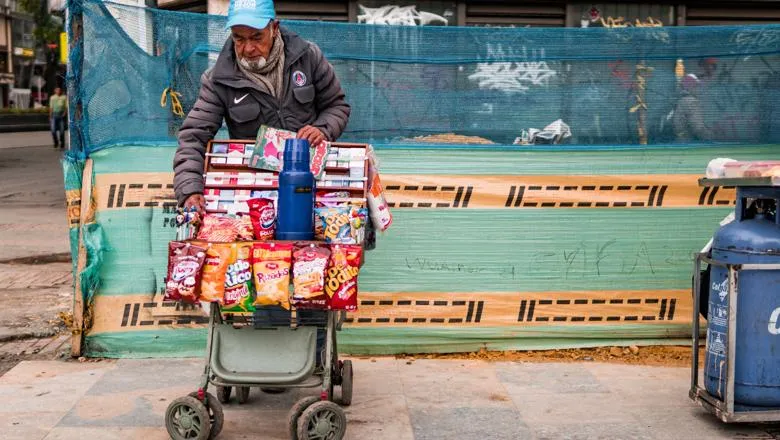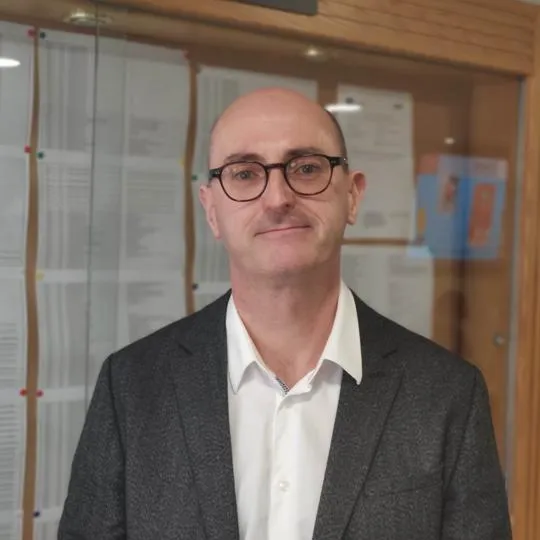The amount of people living in poverty depends on what we classify as ‘poor’. Every dime above the World Bank’s $1.90 poverty line adds on average almost 70 million more poor people.”
Professor Andy Sumner, Professor of International Development
20 January 2022
Academics warn of over-optimism around global poverty estimates and risks of unequal access to vaccines for the Global South
Professor Andy Sumner and Dr Eduardo Ortiz-Juarez, of the Department of International Development, have questioned ‘official’ estimates of global monetary poverty up to and during the COVID-19 pandemic.

In a paper in Third World Quarterly, they argue there is a political economy of over-optimism in the measurement of global poverty, mainly in the way some methodological and presentational choices are made and suggest some avenues for an alternative approach that would provide a more accurate picture.
Using data from the World Bank, they demonstrate that global poverty reduction since the Cold War has been mostly about moving people from below to not too far above the lowest poverty lines.
This over-emphasis on extreme poverty, or the lowest poverty lines, strengthens the perception that actions of international agencies are consistent with a ‘success’ narrative. Higher poverty lines would imply much less progress and even regression in some instances.
“Added to this, only about one third of the data used to estimate global poverty rates is from real survey data. This has a huge impact on how we measure poverty lines."
They also warn how forecasts of growth are likely to be overly optimistic in light of the COVID-19 pandemic.
In a blog for UNU-WIDER, the academics highlight how the Global South is already experiencing an unfair and unequal access to vaccines. They argue that the cost of the vaccines that do reach some developing countries is a significant burden and could divert public spending and state capacity away from social spending and poverty reduction.
The process of poverty reduction is fragile, and the pandemic is impacting informal, unprotected workers more severely due to stringent lockdowns. It has rendered millions of people in middle income countries, who are living just above the $1.90-a-day poverty line, at risk of falling back – meaning the global poverty headcount could rise and stop-start economic growth in the next few years could leave poverty rates higher.
Dr Eduardo Ortiz-Juarez, Lecturer in Development Economics
“Even the vaccines that do reach the Global South will need to be paid for and require state capacity to deliver. That could mean the diversion of public spending and state capacity away from social spending and poverty reduction.”


